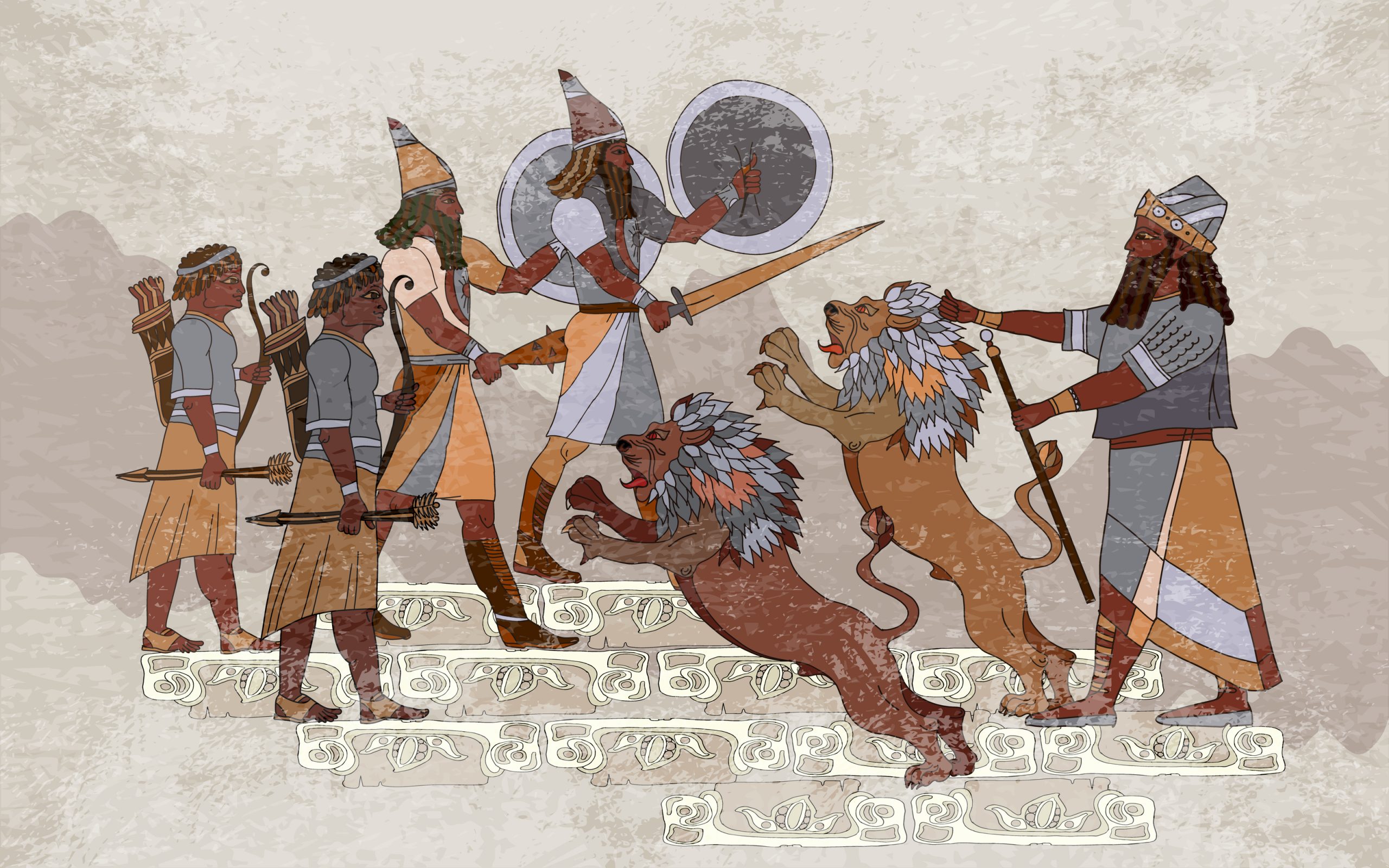Literature, the written and spoken expression of human ideas, emotions, and experiences, stands as a testament to the enduring power of storytelling and communication. The origin of literature is a journey through the annals of human history, a captivating narrative that weaves together the threads of cultural evolution, linguistic development, and the innate human desire to share and preserve knowledge.
The Dawn of Oral Tradition:
Long before the written word adorned parchment, literature found its roots in oral tradition. In ancient societies, storytelling was a communal endeavor, a means of passing down cultural heritage, wisdom, and history from generation to generation. The earliest narratives were spoken, their cadence and rhythm shaping the collective memory of communities.
Ancient epics like the “Iliad” and the “Odyssey” from Greek tradition or the “Ramayana” and “Mahabharata” from Indian lore exemplify the power of oral storytelling. These epic poems were chanted or recited by bards and poets, captivating audiences and immortalizing cultural narratives in the minds and hearts of listeners.
The Birth of Written Language:
The transition from oral tradition to written language marked a pivotal moment in the evolution of literature. As civilizations developed systems of writing, they gained the ability to transcribe stories, laws, and religious texts. Mesopotamia, often considered the cradle of civilization, gave birth to cuneiform script on clay tablets, while ancient Egypt flourished with hieroglyphics on papyrus.
The earliest known written narrative is the “Epic of Gilgamesh,” engraved on cuneiform tablets in Sumeria around 2100 BCE. This epic, recounting the adventures of the legendary king Gilgamesh, demonstrates the fusion of oral tradition and written expression.
Ancient Civilizations and Sacred Texts:
Literature in the ancient world often intertwined with religious and philosophical teachings. The sacred texts of various religions served not only as spiritual guides but also as repositories of cultural and moral values. The Hebrew Bible, the Vedas of Hinduism, and the Tao Te Ching of Taoism exemplify how literature became a vessel for conveying profound insights and ethical principles.
The development of the alphabet in ancient Greece around the 8th century BCE further revolutionized written communication. The works of poets like Homer, with the “Iliad” and the “Odyssey,” and philosophers like Plato and Aristotle, became foundational texts that influenced the course of Western literature.
The Flourishing of Classical Literature:
Classical civilizations, such as ancient Greece and Rome, witnessed the flourishing of literary expression. Playwrights like Sophocles and Aeschylus brought drama to life on the stage, exploring the complexities of human nature and societal dynamics. Epic poetry continued to thrive with the Roman poet Virgil’s “Aeneid,” serving as a national epic that echoed the glory of Rome.
Medieval Manuscripts and the Role of Monasteries:
During the medieval period, literature found sanctuary in the scriptoria of monasteries. Monks meticulously transcribed religious texts, classical works, and historical chronicles. Illuminated manuscripts adorned with intricate illustrations became conduits for preserving knowledge and storytelling.
The epic poem “Beowulf,” a cornerstone of Old English literature, is an example of the rich tapestry woven during this era. Passed down orally before being transcribed, “Beowulf” narrates the heroic exploits of its eponymous protagonist, embodying the ideals and challenges of the time.
The Renaissance and the Printing Press:
The Renaissance ushered in a transformative era for literature, marked by a revival of classical learning and a surge in artistic expression. The invention of the printing press by Johannes Gutenberg in the 15th century revolutionized the dissemination of knowledge. Books, once rare and hand-copied, became more widely accessible, democratizing literature and fostering a new era of literacy.
The works of William Shakespeare, Miguel de Cervantes, and Geoffrey Chaucer exemplify the literary prowess of the Renaissance. These writers explored themes of human nature, societal critique, and the complexity of the human experience.
The Modern Era and Global Literary Voices:
As the world entered the modern era, literature continued to evolve, reflecting the changing dynamics of societies and cultures. The novel emerged as a dominant literary form, with authors like Jane Austen, Charles Dickens, and Leo Tolstoy crafting narratives that delved into the intricacies of human relationships and societal norms.
In the 20th century, literature experienced a surge of diverse voices and perspectives. The Harlem Renaissance gave rise to African American literature, while writers like Gabriel García Márquez and Chinua Achebe brought forth the richness of Latin American and African literature, respectively. The exploration of identity, postcolonial narratives, and the blending of genres became hallmarks of 20th-century literature.
The Digital Age and Literature Today:
In the contemporary digital age, literature has transcended the confines of physical books. The advent of the internet and digital platforms has democratized the creation and distribution of literary works. Blogs, e-books, and online publications have become new mediums for storytelling, enabling a global exchange of ideas and narratives.
Contemporary authors such as Haruki Murakami, Chimamanda Ngozi Adichie, and J.K. Rowling continue to shape the literary landscape. Literature today encompasses a vast array of genres, styles, and voices, reflecting the diversity and complexity of the modern world.
Conclusion:
The origin of literature is an epic journey through the epochs of human civilization. From the spoken tales of ancient bards to the digital narratives of today, literature has been a constant companion, shaping our understanding of the world and ourselves. As we navigate the vast tapestry of literary expression, we honor the storytellers, poets, and scribes who, throughout history, have illuminated the human experience through the art of words.

